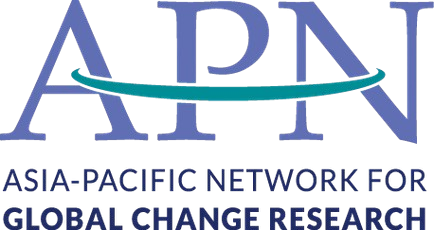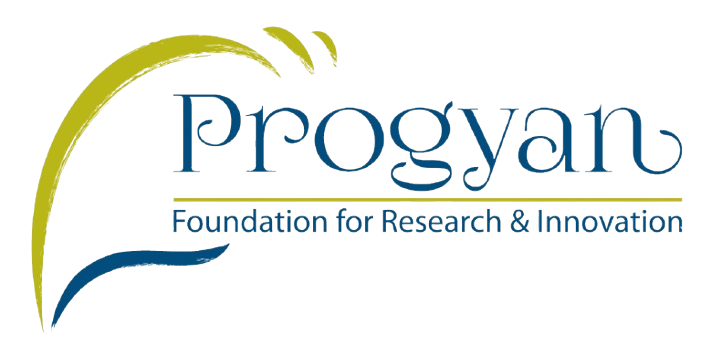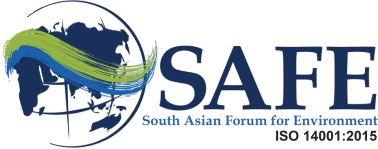Multistakeholder webinar on ‘Agricultural Policy-Practice Gap Assessment in the Haor Ecology of Bangladesh’
A multi-stakeholder webinar titled ‘Agricultural Policy-Practice Gap Assessment in the Haor Ecology of Bangladesh’ was successfully held on September 29th, 2024. Supported by the Asia-Pacific Network for Global Change Research (APN) and organized by the South Asian Forum for Environment (SAFE) in association with the Progyan Foundation for Research and Innovation (PFRI), the webinar focused on identifying the unique climate vulnerabilities of the Haor wetlands and exploring region-specific agricultural policy responses.
The webinar brought together agricultural scientists, policy experts, researchers, and practitioners to assess the widening gap between policy and practice in Haor-based agriculture, and to explore the urgent need for inclusive, adaptive, and climate-smart strategies.



